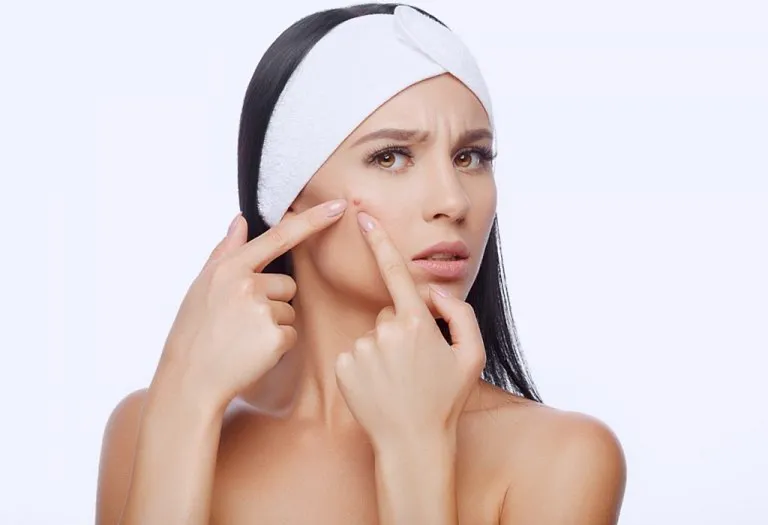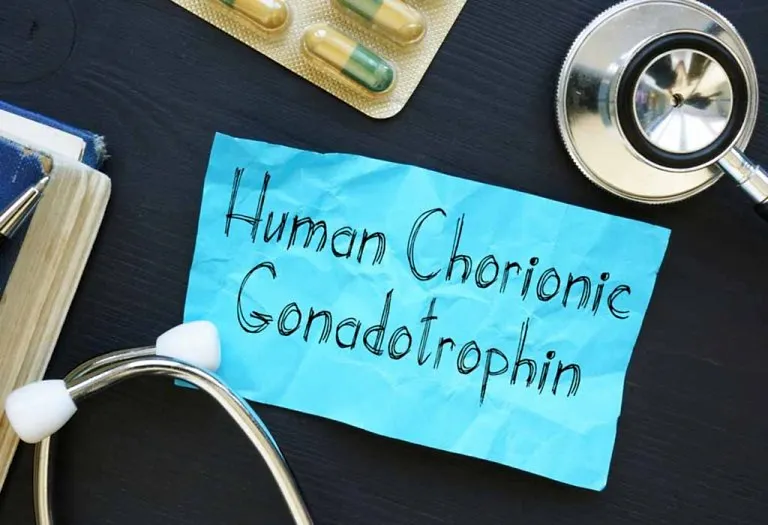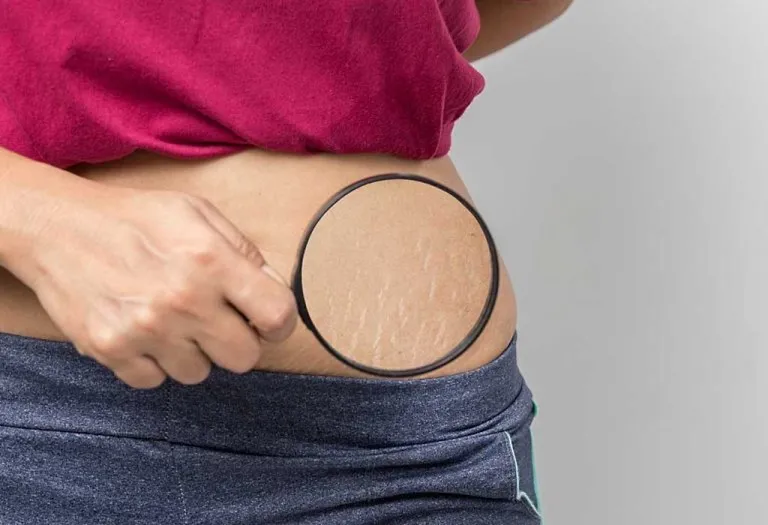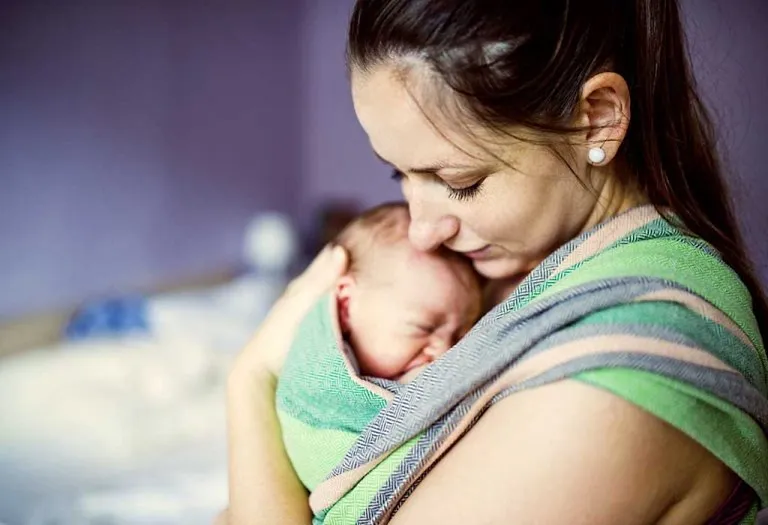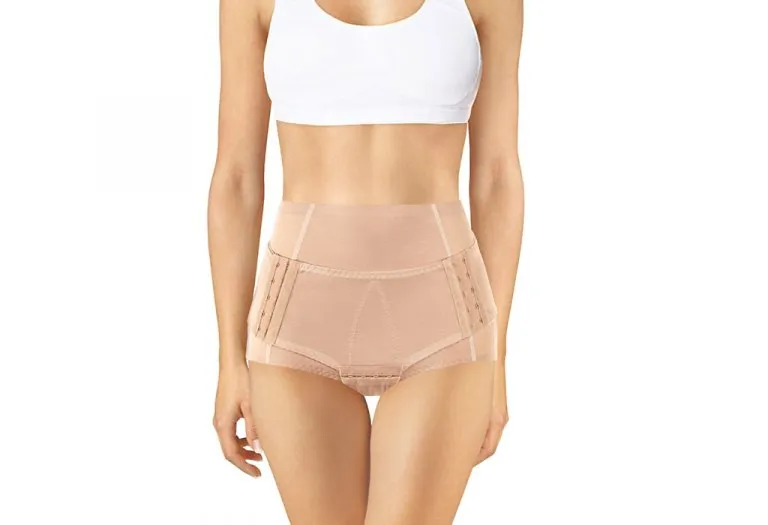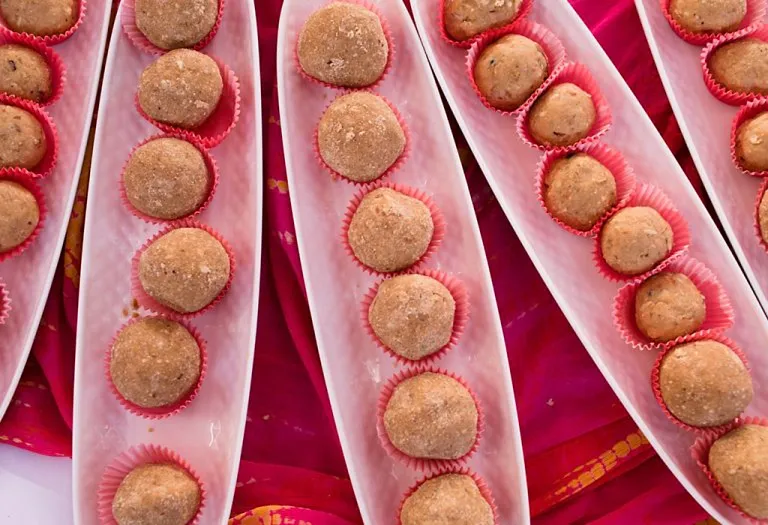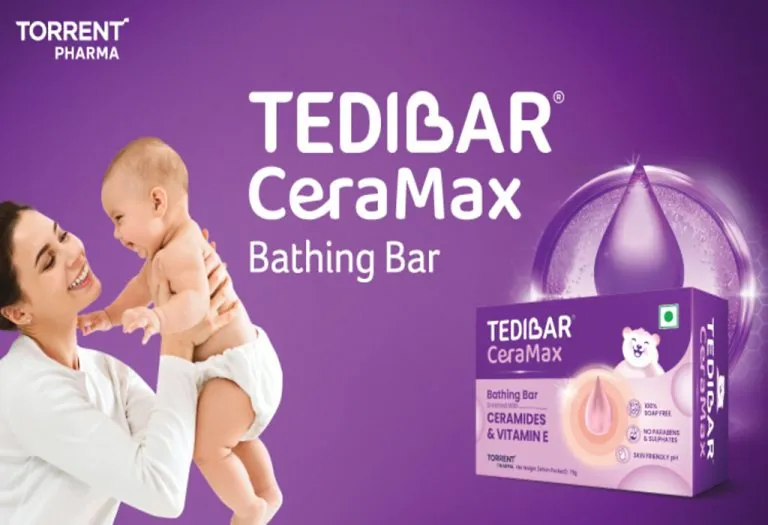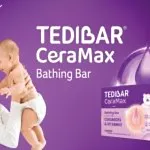Postpartum Acne – Causes, Treatment, and Prevention
During pregnancy, the body of the mother changes completely as a host of hormones is released into the blood, altering skin health significantly.
Pimples after giving birth are a real and frustrating problem that some mothers face, often causing discomfort and stress. Although acne commonly affects women during pregnancy due to hormonal fluctuations, it typically disappears after the baby is born. The hormone levels gradually get back to normal, so the pimples and breakouts usually go away after delivery. However, post-pregnancy pimples occur when the acne persists stubbornly even after childbirth, and new pimples continue to develop unexpectedly.
In this article, we will take a closer look at what postpartum acne is, its underlying causes, and how it can be treated effectively with safe methods.
Is Acne After Pregnancy Normal?
Although acne is supposed to reduce after the woman has given birth, it is normal to have a lot of pimples after pregnancy. This is due to the hormonal changes that have occurred in the body during pregnancy, and the ups and downs that are associated with it (1). The texture and condition of the skin also change, so acne is quite common in new mothers.
The surge in progesterone is the reason for the occurrence of acne during pregnancy, and sometimes, these levels remain high even after pregnancy – thus keeping the acne intact. As and when women start menstruating post-pregnancy, the hormones go back to their usual fluctuations and the skin goes back to normal.
The pimples might simply clear up after delivery, or they might stay- it all depends on how your body functions. The important thing to remember is that no two mothers are similar, so you cannot compare your condition to that of your sister or mother and worry about what is going differently for you.
Where Does Acne After Pregnancy Occur?
Postpartum acne typically appears in areas where oil glands are most active, such as the face (especially the chin, cheeks, and forehead), chest, upper back, and shoulders (2). These regions are prone to breakouts due to hormonal fluctuations that increase sebum production, clogging pores and causing inflammation. Some women may also experience acne along the jawline or hairline, which is often linked to stress or residual hormonal imbalances after childbirth.
Causes of Acne After Delivery
There are a few reasons why mothers are still affected by acne after they give birth (3):
1. Changes in Hormone Levels
This is the main reason why pimples grow on a pregnant woman’s face. The period of pregnancy is full of rampant hormonal changes, so it is common for acne to affect mothers. These hormones may reduce in levels after the woman has given birth, or they may not go down for a few weeks- this results in acne. Also, breastfeeding can release a barrage of hormones that can also contribute to acne in mothers.
2. Hydration Levels
The amount of water in the body is extremely important for the skin, as dehydration can lead to the outer layer of the skin breaking and becoming penetrable. If the mother does not drink enough water, she might find herself dehydrated with all the breastfeeding and caring she has to do in the first few days of motherhood. Therefore, her skin may become susceptible to the entry of foreign particles, thus increasing the number of pimples on her face.
3. Stress
The first few weeks of caring for the baby are easily the most stressful moments of every new mother’s life. You will still be getting the hang of the arrival of the child, so it is normal to be under a lot of stress in those early stages. This can lead to loss of sleep or poor sleep quality in the mother. A combination of this condition, along with the lack of hydration, can result in pimples affecting the new mother.
Symptoms of Postpartum Acne
Postpartum acne shares similarities with regular acne but is often more persistent due to hormonal changes after childbirth. Common symptoms of pregnancy acne after delivery include (4):
- Red, inflamed pimples
- Cystic acne
- Blackheads & whiteheads
- Oily skin
- Persistent breakouts
- Sensitivity & irritation
How Long Does Postpartum Acne Last?
Postpartum acne typically lasts anywhere from a few weeks to several months after delivery, with most women seeing improvement within 3 to 6 months as hormone levels gradually stabilize. However, for breastfeeding mothers, acne may persist longer, sometimes up to a year, due to continued hormonal fluctuations, particularly elevated prolactin levels. The duration can vary based on skin type, genetics, and skincare habits, with severe or cystic acne often taking longer to resolve and potentially requiring medical treatment.
Postpartum Acne Treatment
Treating cystic acne after pregnancy must be done with care, as the growth of the baby can be affected depending on the medication you choose to consume (5).
When You Are Breastfeeding
You have to be extremely careful about the medications you consume, even after pregnancy- this is because you can pass on harmful chemicals to your baby through breast milk. In most cases, it is safe to use over-the-counter medicines; however, you should read the label once again to confirm. If you have any doubts, visit the doctor just to be sure.
Products that contain salicylic acid, glycolic acid or benzoyl peroxide are sure to help you gain control over a mild bout of acne, although heavy breakouts require topical antibiotics and prescription benzoyl peroxide. The doctor will encourage you to try topical treatments since you are breastfeeding.
When You Aren’t Breastfeeding
In this case, you have a host of other medications that can be used to treat the acne. Topical retinoids and oral acne medications may be prescribed by your doctor if you are not breastfeeding. Consuming oral contraceptives as a birth control option can also curb acne outbreaks in women, and reduce pimples. This is possible because those pills regulate hormonal levels in the woman, so pimple outbreaks are less common.
How to Prevent Postpartum Acne?
You can try to prevent the onset of pimples on the face by following simple, healthy practices. You have to take care of your skin and follow a skincare routine as much as possible. Also, try to sleep well and drink a lot of fluids. If you ever find yourself stressing out too much, ask your partner to help you out.
Skincare Tips for Acne After Childbirth
You can go a long way in preventing pimples by following some simple skincare tips.
1. Skincare Routine
Even though you will have your hands full with your newborn, you should try to take care of your skin as much as possible. Here is a simple skincare routine:
- Use a toner and a cotton ball to clean your face.
- Next, use a good exfoliating face wash. Take some between your palms and rub it all over your face in a clockwise manner. Continue doing so for two whole minutes. Then, rinse your face.
- Next, take a good quality, organic face pack and apply it to your face. Keep it for at least 15 minutes, and rinse. Do not use a face wash in this case, as it can strip the moisture from your face.
- Take a few dollops of a moisturiser and apply it all over your face.
You can follow this routine once a week, and make sure that you wash your face with regular water every day.
2. Organic Products
Organic skin care products can also help you make great strides towards a pimple-free face. Your pre-pregnancy products might not work any more, so shop around for a suitable one!
3. Reduce Exposure to UV Rays
The skin becomes extremely sensitive after childbirth, so stay out of the sun as much as possible.
4. Be Stress-Free
Skin health is greatly dependent on how stress-free the mother is- always remember that, and be as calm as possible after childbirth. Take time out for yourself to do the things you love, and that will ensure that you keep the stress away.
5. Balanced Diet
A balanced diet can work wonders towards skincare, so eat healthy even after the baby is born.
When to Consult a Doctor
You have to pay the doctor a visit if:
- The pimples are red and inflamed, or painful.
- The acne shows up in weird places.
- It does not go away even after you have tried to get rid of it using the proper treatment.
- You have any doubts pertaining to this condition.
FAQs
1. Can postpartum acne cause asymmetrical breakouts (one side worse than the other)?
Hormonal acne often follows a “mask of pregnancy” pattern, but some women report oddly lopsided flare-ups, like severe acne on only the left cheek. This may be linked to sleeping positions (rubbing against pillowcases) or unilateral nursing habits, causing localized friction/oil buildup.
2. Does the let-down reflex during breastfeeding trigger instant acne flares?
Some nursing moms notice sudden breakouts right after milk ejection, possibly due to prolactin spikes or stress hormones released during feeding.
3. Can postpartum acne spread to eyelids or ear lobes?
Rarely, tiny white bumps (milia) or inflamed cysts appear in unusual spots like eyelid margins or behind ears—areas usually acne-free. This may stem from lymphatic congestion or residual pregnancy-related fluid retention.
Acne after pregnancy is common, and is nothing to worry about- it usually goes away after a few weeks, or after you have tried to treat this pimple outbreak. However, you have to consult the doctor if you feel that the situation is getting out of hand, and you need prescription medication.
References/Resources:
1. National Library of Medicine – Skin Changes and Safety Profile of Topical Products During Pregnancy
2. NMU Health – Pregnancy Acne: Top 3 Questions, Answered
3. Cleveland Clinic – Postpartum Acne
4. NHS – Acne
Also Read:
Postnatal Diet
Postpartum Skincare
Postpartum Exercise
Postnatal Hair Loss
Was This Article Helpful?
Parenting is a huge responsibility, for you as a caregiver, but also for us as a parenting content platform. We understand that and take our responsibility of creating credible content seriously. FirstCry Parenting articles are written and published only after extensive research using factually sound references to deliver quality content that is accurate, validated by experts, and completely reliable. To understand how we go about creating content that is credible, read our editorial policy here.





